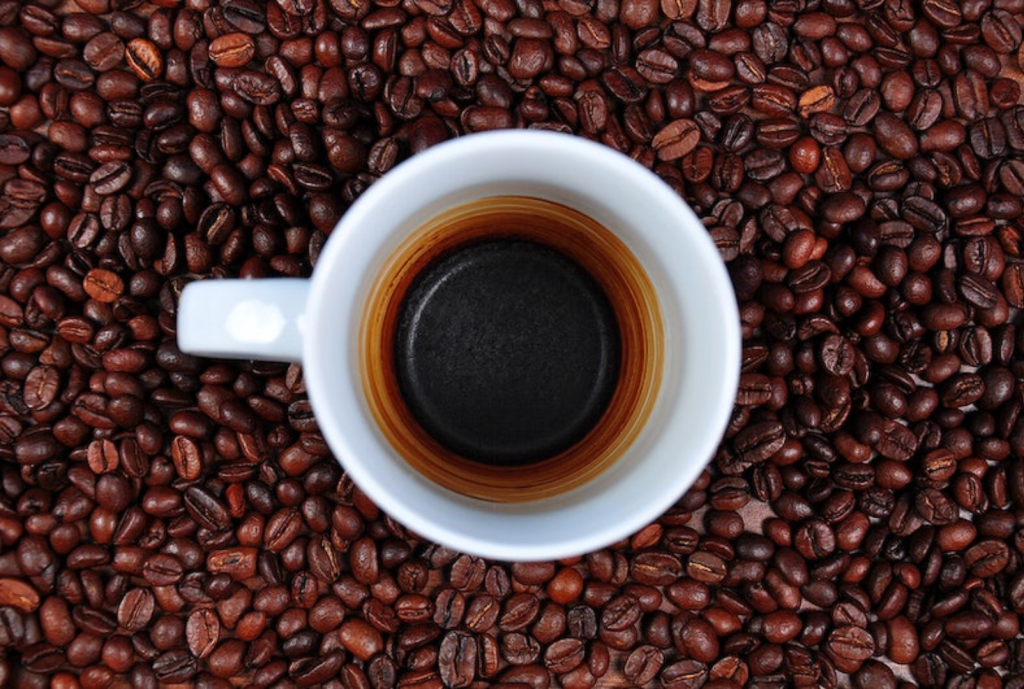
Coffee, a beloved beverage for many, has now been associated with weight loss in a recent study, provided it’s consumed unsweetened. While coffee has already demonstrated several health benefits, including potential links to lower rates of various diseases, this study offers an additional advantage for coffee enthusiasts – weight loss. However, there’s a catch: the benefits are most pronounced when coffee is consumed without added sugar or other sweeteners.
The Study: Investigating the Relationship Between Coffee and Weight Loss:
The study examined the habits of coffee drinkers, focusing on how the amount of coffee, caffeine intake, and additives (e.g., sugar, cream) affected their weight.
Data was collected from a large group of participants over several years. The researchers analyzed the relationships between coffee consumption and weight changes over time.
Key Findings:
- Unsweetened Coffee and Weight Loss: The study found that an increase in consumption of one cup of unsweetened coffee was associated with a decrease in weight of about 0.12 kilograms (0.26 pounds).
- Sugar’s Impact: On the contrary, when individuals increased their daily sugar intake by just one teaspoon in any food or drink, they gained about 0.09 kilograms (0.20 pounds). This indicates that the addition of sugar negated the weight loss effect associated with coffee consumption.
- Caffeine’s Influence: The study also revealed that caffeine played a role in weight management. An increase of 100 milligrams of caffeine, roughly the amount in a cup of coffee, led to a decrease in weight gain of about 0.08 kilograms (0.18 pounds).
Possible Mechanisms for Coffee’s Effect on Weight Loss:
- Thermogenic Effect: Caffeine in coffee can stimulate thermogenesis, the process in which the body generates heat and burns calories. This thermogenic effect can boost energy expenditure.
- Appetite Suppression: Caffeine is known to have appetite-suppressing properties, potentially reducing overall calorie intake.
- Metabolic Benefits: Coffee contains bioactive compounds like chlorogenic acids and polyphenols, which are linked to metabolic advantages, including improved insulin sensitivity and glucose metabolism. These effects might contribute to weight loss.
- Enhanced Physical Performance: Caffeine has been shown to improve endurance and physical performance. Regular consumption of unsweetened coffee might indirectly support weight loss by increasing calorie expenditure during physical activity.
- Reduced Caloric Intake: Unsweetened coffee itself contains very few calories, unlike coffee loaded with sugar and rich creams. Cutting out these calorie-rich additions can significantly reduce daily calorie intake.
Health Considerations When Increasing Coffee Intake:
While coffee has many health benefits, it can cause side effects like insomnia, anxiety, jitteriness, palpitations, and gastrointestinal issues, particularly in individuals sensitive to caffeine or those who consume large quantities.
Coffee can interact with medications and supplements, such as anticoagulants, antidepressants, iron, and calcium. Consult with a healthcare provider if you have any medical conditions or take medications that may be affected by caffeine.
Be mindful of your caffeine intake, and avoid drinking coffee too close to bedtime or on an empty stomach.
Unsweetened Coffee as a Weight Loss Ally
This study underscores the potential link between unsweetened coffee consumption and weight loss. The health benefits of coffee seem to be most pronounced when enjoyed in its natural, unsweetened form. This research offers useful insight for individuals looking to lose weight while savoring their daily cup of joe. However, those with specific health concerns or taking medications should consult with their healthcare providers before significantly increasing their caffeine intake.





